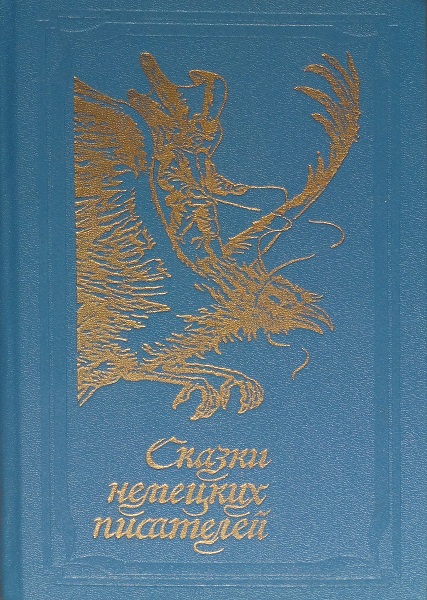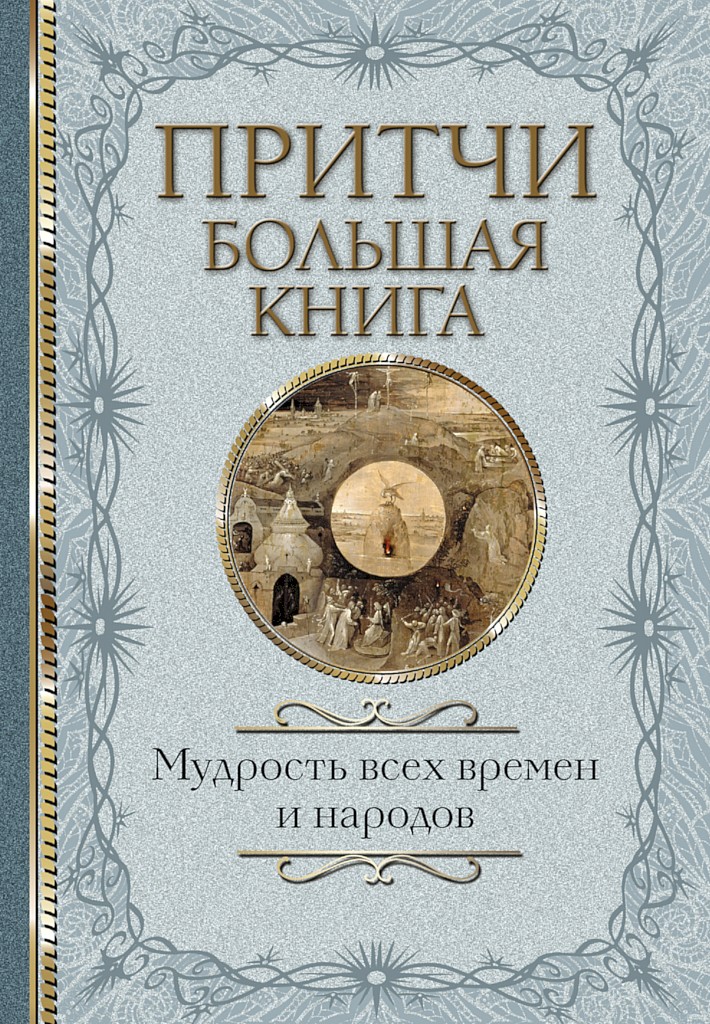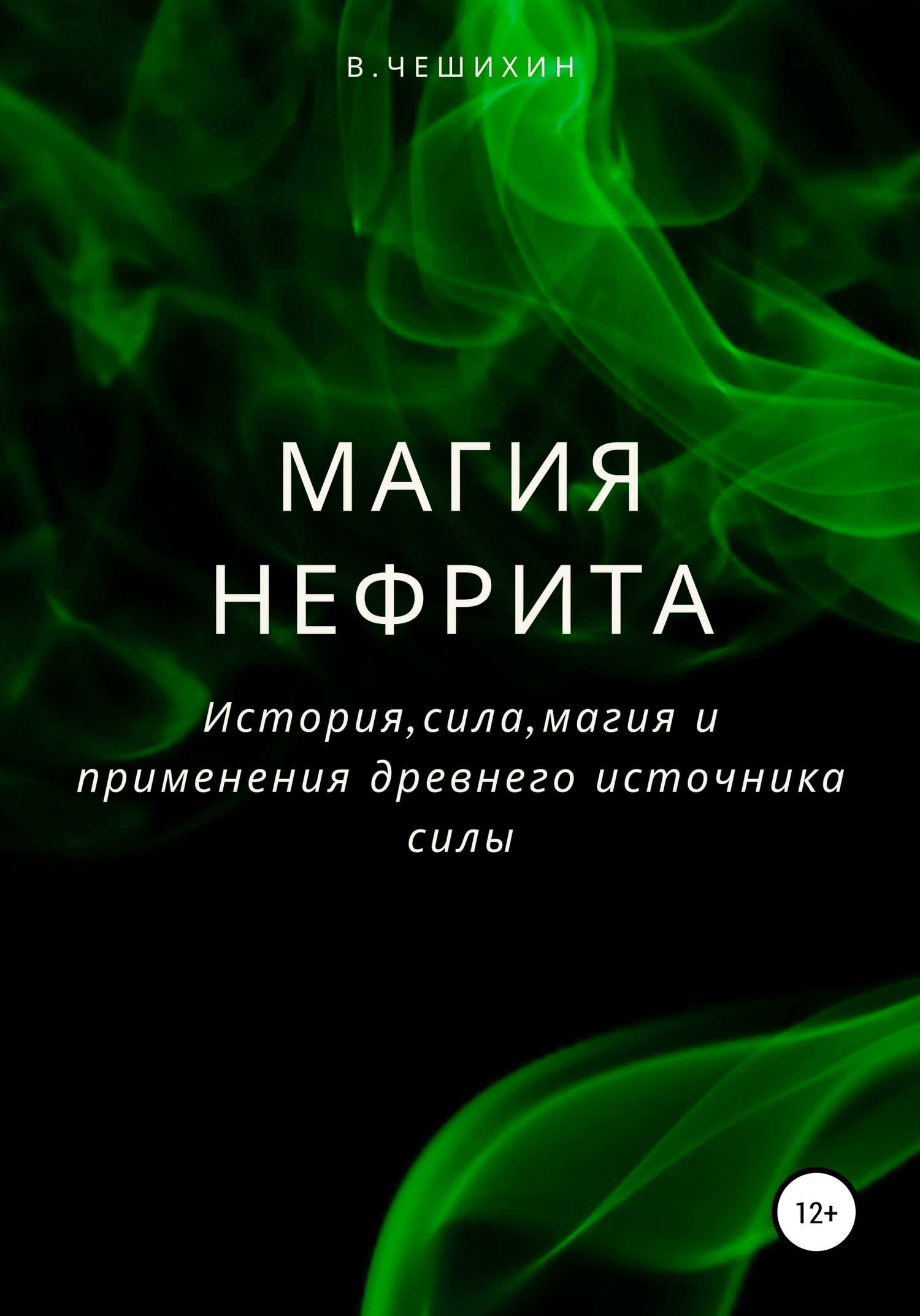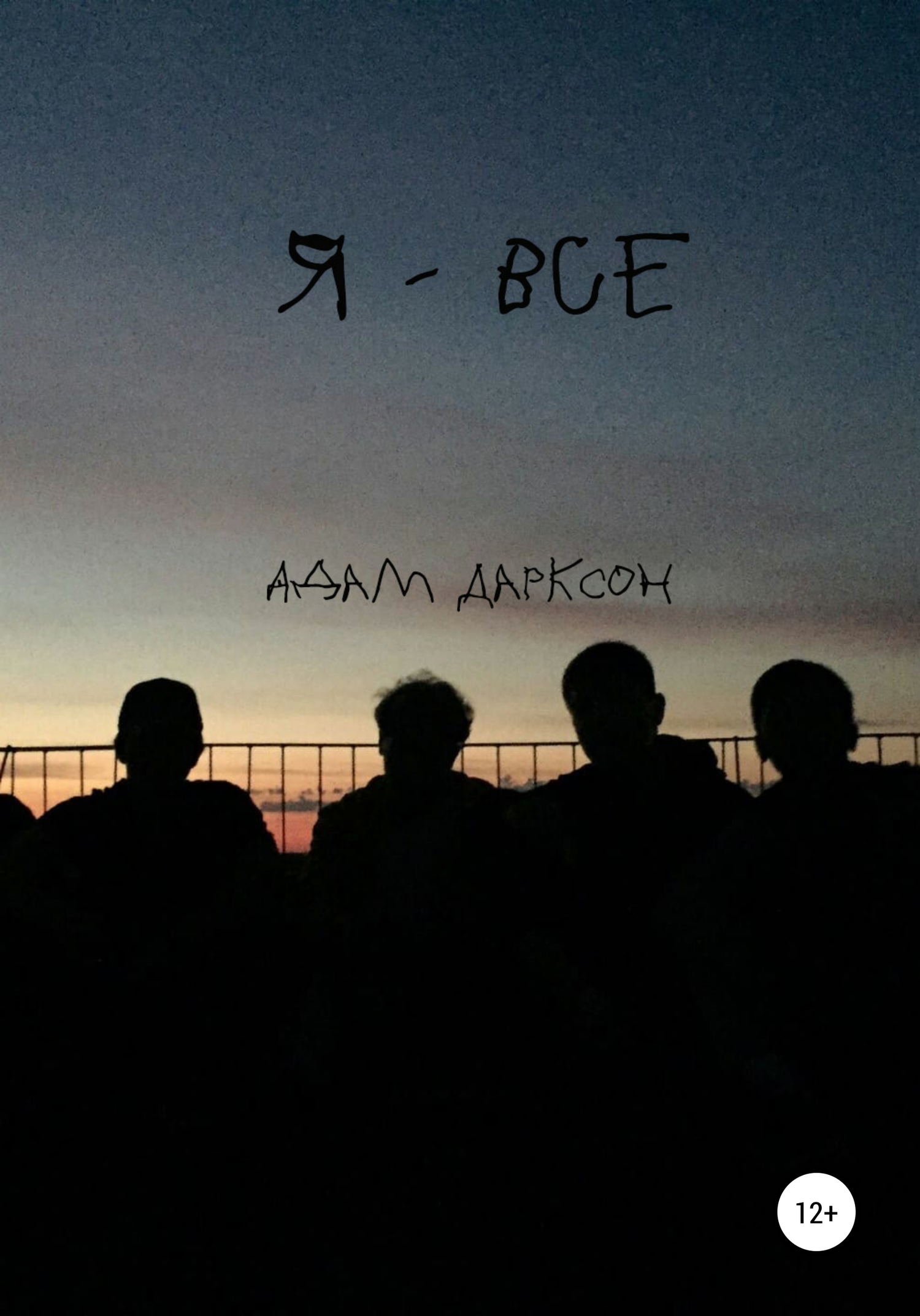Книга Место, роль и значение религий в современном мире - Константин Михайлович Долгов
На нашем литературном портале можно бесплатно читать книгу Место, роль и значение религий в современном мире - Константин Михайлович Долгов полная версия. Жанр: Книги / Разная литература. Онлайн библиотека дает возможность прочитать весь текст произведения на мобильном телефоне или десктопе даже без регистрации и СМС подтверждения на нашем сайте онлайн книг knizki.com.
Шрифт:
-
+
Интервал:
-
+
Закладка:
Сделать
Перейти на страницу:
Перейти на страницу:
Внимание!
Сайт сохраняет куки вашего браузера. Вы сможете в любой момент сделать закладку и продолжить прочтение книги «Место, роль и значение религий в современном мире - Константин Михайлович Долгов», после закрытия браузера.
Книги схожие с книгой «Место, роль и значение религий в современном мире - Константин Михайлович Долгов» от автора - Константин Михайлович Долгов:
Комментарии и отзывы (0) к книге "Место, роль и значение религий в современном мире - Константин Михайлович Долгов"
























